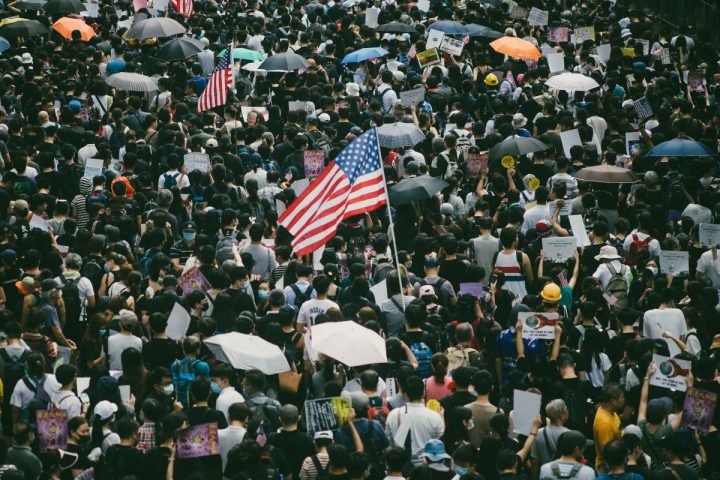Let’s make from every day, Human Rights Day

Christmas decorations made of paper
December 3, 2019
Our 8 favorite journals for 2020
December 17, 2019
On Tuesday 10 December, we celebrate Human Rights Day. This international day marks the importance of human rights around the world.
Human Rights Day was first celebrated in 1950.
It commemorates the day in 1948 the United Nations General Assembly adopted the Universal Declaration of Human Rights.
It was inspired, in large part, because the member states of the United Nations wanted to prevent the horrors of World War II ever happening again.
Eleanor Roosevelt

Eleanor Roosevelt played an important role as Chairperson of the drafting committee of the Universal Declaration of Human Rights.
Eleanor Roosevelt was First Lady of the United States of America from 1933 to 1945, when her husband Franklin Delano Roosevelt served as the 32nd President of the USA.
In 1946 she was appointed as a delegate to the United Nations General Assembly by the then President Harry S. Truman.
Eleanor Roosevelt said: “Surely, in the light of history, it is more intelligent to hope rather than to fear, to try rather than not to try. For one thing, we know beyond all doubt: Nothing has ever been achieved by the person who says, ‘It can’t be done.’”
It took two years to agree to the text for the Universal Declaration of Human Rights and fundamental freedoms.
Eleanor Roosevelt’s leading role in this declaration of rights was recognized posthumously in 1968, when she was awarded the United Nations Human Rights Prize.
Eleanor was not the only woman to play an important role in the development of the Universal Declaration of Human Rights: Hansa Mehta of India, the only other female delegate to the United Nations Commission on Human Rights in 1947-48, is widely credited with changing the phrase “All men are born free and equal” to “All human beings are born free and equal” in Article 1 of the Universal Declaration of Human Rights.
The UN’s Universal Declaration of Human Rights is the most translated document in the world; it is available in more than 500 languages.
You can read an illustrated booklet with all 30 articles of the full declaration on the UN website.
It remains one of the most important positive landmarks in human history.
In 1950, the UN Assembly passed resolution 423 (V) inviting all States and interested organizations to adopt 10 December of each year as Human Rights Day.
The day is normally marked both by political conferences and by cultural events focusing on human rights issues. In addition, on 10 December the five-yearly United Nations Prize in the Field of Human Rights and the Nobel Peace Prize are awarded.
In 2018, the UN celebrated the 70th Anniversary of the adoption the Universal Declaration of Human Rights by asking people around their world to add their voice to stand up for human rights.
It is the duty of us all to uphold the declaration. In the words of Eleanor Roosevelt: “Where, after all, do universal human rights begin? In small places, close to home – so close and so small that they cannot be seen on any maps of the world. Yet they are the world of the individual person; the neighbourhood he lives in; the school or college he attends; the factory, farm or office where he works. Such are the places where every man, woman and child seeks equal justice, equal opportunity, equal dignity without discrimination. Unless these rights have meaning there, they have little meaning anywhere. Without concerned citizen action to uphold them close to home, we shall look in vain for progress in the larger world.”



